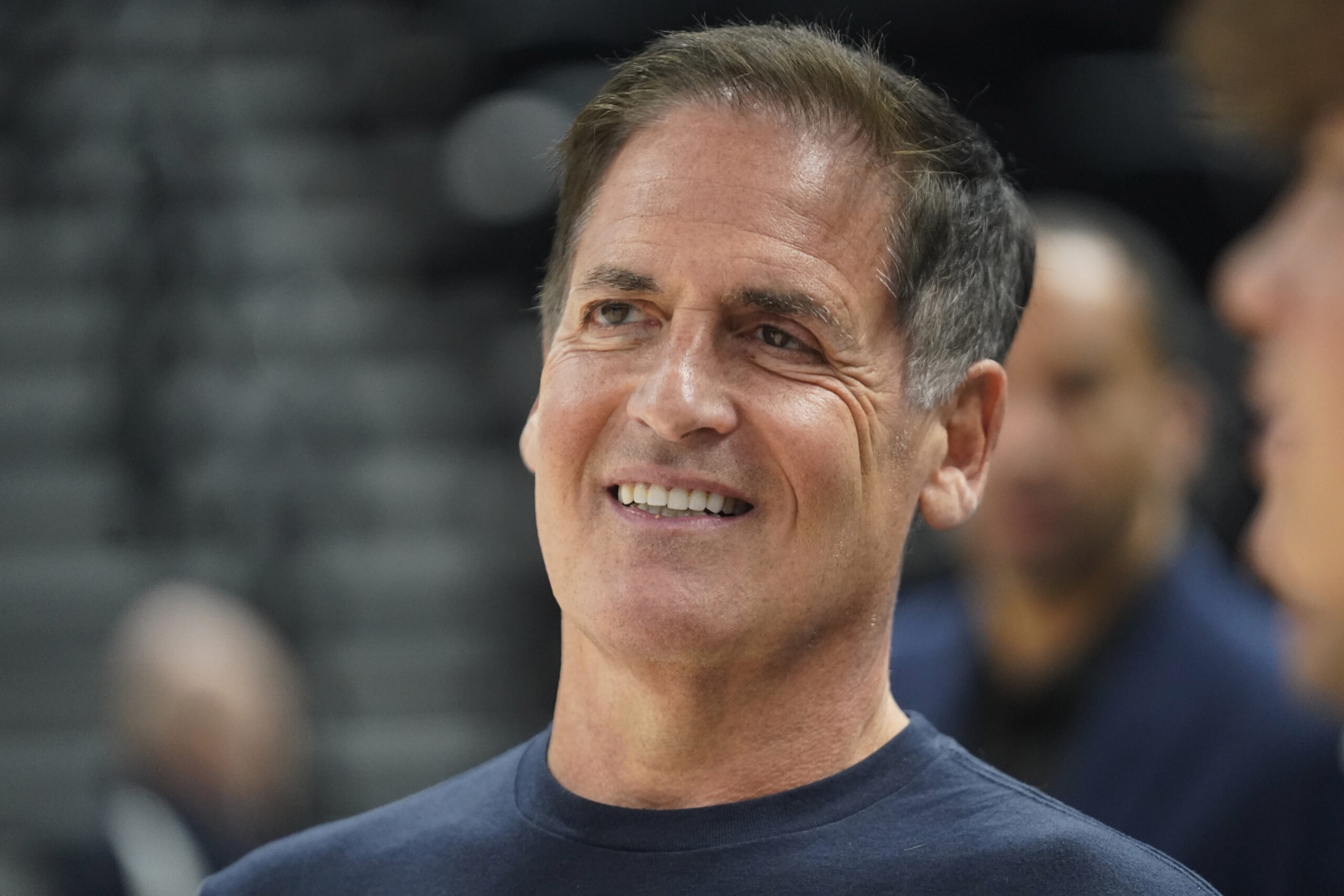‘Stupid Comment’: Mark Cuban Sparks Heated Twitter Debate On DEI With Everyone From Elon Musk to JD Vance

AP Photo/Rick Bowmer
Billionaire entrepreneur Mark Cuban sparked a heated debate this week over the use of diversity, equity, and inclusion considerations in hiring.
Cuban kicked off the conversation on Wednesday by replying to a tweet from X owner Elon Musk and offering his thoughts on DEI. “Discrimination on the basis of race, which DEI does, is literally the definition of racism,” Musk tweeted in reply to another thread on the topic.
Cuban replied to Musk with a lengthy thread of his own, writing, “Let me help you out and give you my thoughts on DEI.” Cuban added:
1. Diversity
Good businesses look where others don’t, to find the employees that will put your business in the best possible position to succeed.
You may not agree, but I take it as a given that there are people of various races, ethnicities, orientation, etc that are regularly excluded from hiring consideration. By extending our hiring search to include them, we can find people that are more qualified. The loss of DEI-Phobic companies is my gain.1a. We live in a country with very diverse demographics. In this era where trust of businesses can be hard to come by, people tend to connect more easily to people who are like them. Having a workforce that is diverse and representative of your stakeholders is good for business.
2. Equity
Treating people equally does not mean treating them the same.
I made the mistake for a lot of years thinking it did.Equity is a core principle of business.
Put your employees in a position to succeed. Recognize their differences and play to their strengths where ever possible. It is not a hard concept. But it is not easy to implement. Most workforces don’t have the depth of management to do this well. When it’s not done well it can create tension and resentment.
3. Inclusion
One of my favorite sayings is that “Great employees reduce the stress of those around them”Great companies create environments that reduce unnecessary stress of their employees (Im not talking hitting quota or getting the product out the door stress), which in turn increases productivity
This is what Inclusion is all about. Making all employees, no matter who they are or how they see themselves, feel comfortable in their environment and able to do their jobsAgain, it’s not easy.
4. Why DEI is like HealthCare
One of the lessons I’ve learned in healthcare is that most CEOs don’t know and don’t really want to know where their healthcare benefit dollars are going. In their minds, its not part of the core competency of their business. As a result they waste a shitload of money on less than quality care for their employees and more often than not it’s their sickest and lowest paid employees that subsidize the rebates and deductibles (Sicker employees have to pay up to their deductible, healthy don’t)So what does this have to do with DEI ?
Like HealthCare, DEI is not seen as a core competency in most companies. It’s just a huge expense.
Intellectually they see the benefit of DEI. But they don’t have time to focus on it So it turns into a check box that they hope they don’t have to deal with beyond having HR do a report to the board and legal tells them they are covered.
When anything that impacts all of your employees is pretty much a check list item to the CEO, there is a good chance that its not going work well and you are going to have employees who are not comfortable for a lot of different reasons. Which in turn creates resentment towards DEI policies and training. Which in turn makes it harder on the managers trying to implement it
When companies do DEI well, you see a well run , successful company
5. So what’s the conclusion ?
If you don’t think there is a need for DEI and it doesn’t create a competitive advantage for your company, just look at the @x posts/replies/quotes below.These are the same people that work for you or are your co-workers. Everyone is entitled to their POV, but these same feelings, even if they are not said out-loud, are heard loud and clear at work.
Musk did not appear to care for Cuban’s explanation and replied with snark, saying, “Cool, so when should we expect to see a short white/Asian women on the Mavs?”
Cuban found lots of praise for his take with pundits like Kara Swisher commenting, “Props to the Gallant of the Internet, @mcuban, for trying to intelligently and politely address yet another puerile and ignorant tweet from Space Goofus.”
Many on the right, however, did not care for Cuban’s words and challenged him on whether or not he actually practice what he preaches. “Do the Dallas Mavericks reflect the demographics of America as a whole?” hit back Sen. JD Vance (R-OH).
Cuban pulled no punches in replying to Vance, writing, “If you were trying to make a stupid comment, you nailed it.”
“First, as an organization as a whole, yes we do. More importantly, if you understand the value of DEI, it’s not in checklists and quotas , it’s in understanding how to best compete as a company. We hire the people who put us in the best position to succeed,” Cuban concluded.
Since Wednesday, Cuban has defended his position by engaging online with everyone from Fox News host Will Cain to hedge fund manager Bill Ackman.






